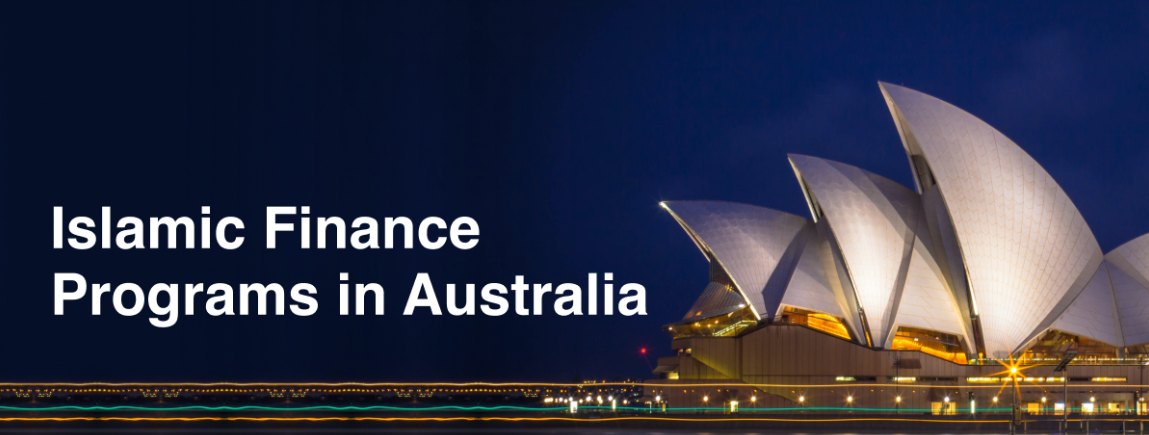The landscape of investment finance is ever-evolving, and in Australia, a significant trend shaping this realm is Islamic investment finance. This approach to finance, rooted in Islamic law, offers a unique perspective that aligns with ethical investing principles, drawing interest from both Muslim and non-Muslim investors.
Understanding Islamic Investment Finance
Islamic investment finance, known as Sharia-Compliant Finance, operates under specific principles. The core of these principles is the avoidance of interest (Riba), uncertainty (Gharar), and investing in businesses involved in prohibited activities like alcohol or gambling. This framework has led to the development of various financial instruments that are compliant with Islamic law and appeal to a broader audience seeking ethical investment options.
Growth in Australia
Australia’s finance sector has shown a growing interest in Islamic finance. This interest stems from the increasing Muslim population and the shift towards more ethical and socially responsible financial practices. Financial institutions in Australia are gradually incorporating Sharia-compliant products into their portfolios, recognizing the potential of this market.
Regulatory Landscape
The Australian government and financial regulatory bodies have taken steps to accommodate Islamic finance. Amendments in taxation and legal frameworks are essential to ensure that these products are not disadvantaged compared to conventional financial products. The progress in this area is pivotal for the growth of Islamic finance in Australia.
Economic Impact
Islamic investment finance is more than just a financial model; it catalyzes economic growth. Focusing on asset-backed investments and risk-sharing promotes financial stability and sustainable development. This approach aligns with Australia’s broader economic goals, making it a significant player in its financial landscape.
Opportunities for Diversification
For Australian investors, Islamic finance offers an avenue for diversification. The principles governing these investments result in portfolios that differ significantly from conventional ones, thus providing a hedge against market volatility. This diversification is not only beneficial for individual investors but also for the overall health of the Australian financial market.
Challenges and Prospects
Despite the potential, Islamic finance in Australia faces challenges. One key challenge is more awareness and understanding among consumers and financial professionals. Education and awareness campaigns are crucial in overcoming this barrier.
Another challenge lies in integrating Islamic finance within the existing financial system. This integration requires innovation and collaboration between stakeholders, including banks, regulatory bodies, and the Muslim community.
Future Outlook
The future of Islamic Investment Finance in Australia looks promising. The increasing demand for ethical and socially responsible investment options, coupled with the growing Muslim population, sets the stage for significant growth in this sector. As Australia continues to embrace multiculturalism and ethical finance, Islamic investment finance is poised to become an integral part of the country’s financial landscape.
Embracing Technology
Technology, particularly fintech, plays a crucial role in expanding Islamic finance. Digital platforms can provide greater access and convenience, making Islamic financial products more attractive to a broader audience. Innovations in this space could be a game-changer for the industry.
Conclusion
Islamic investment finance in Australia represents a convergence of ethical investment practices and cultural diversity. Its principles of risk-sharing, asset-backing, and prohibition of interest align with the growing global trend towards more responsible finance. As Australia continues to adapt and innovate in this area, Islamic finance will become a significant component of the nation’s financial ecosystem, offering unique opportunities for investors and contributing to a more inclusive and stable economy.

